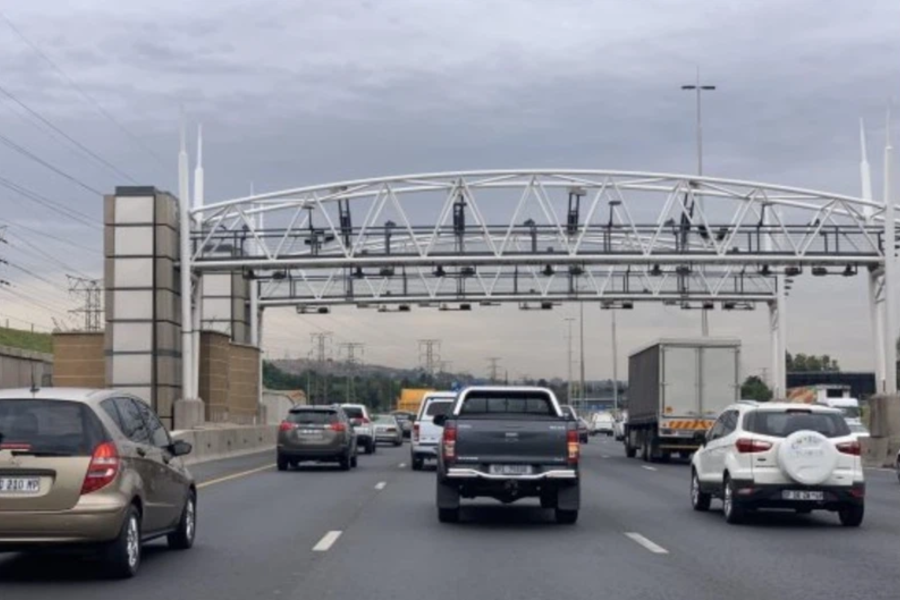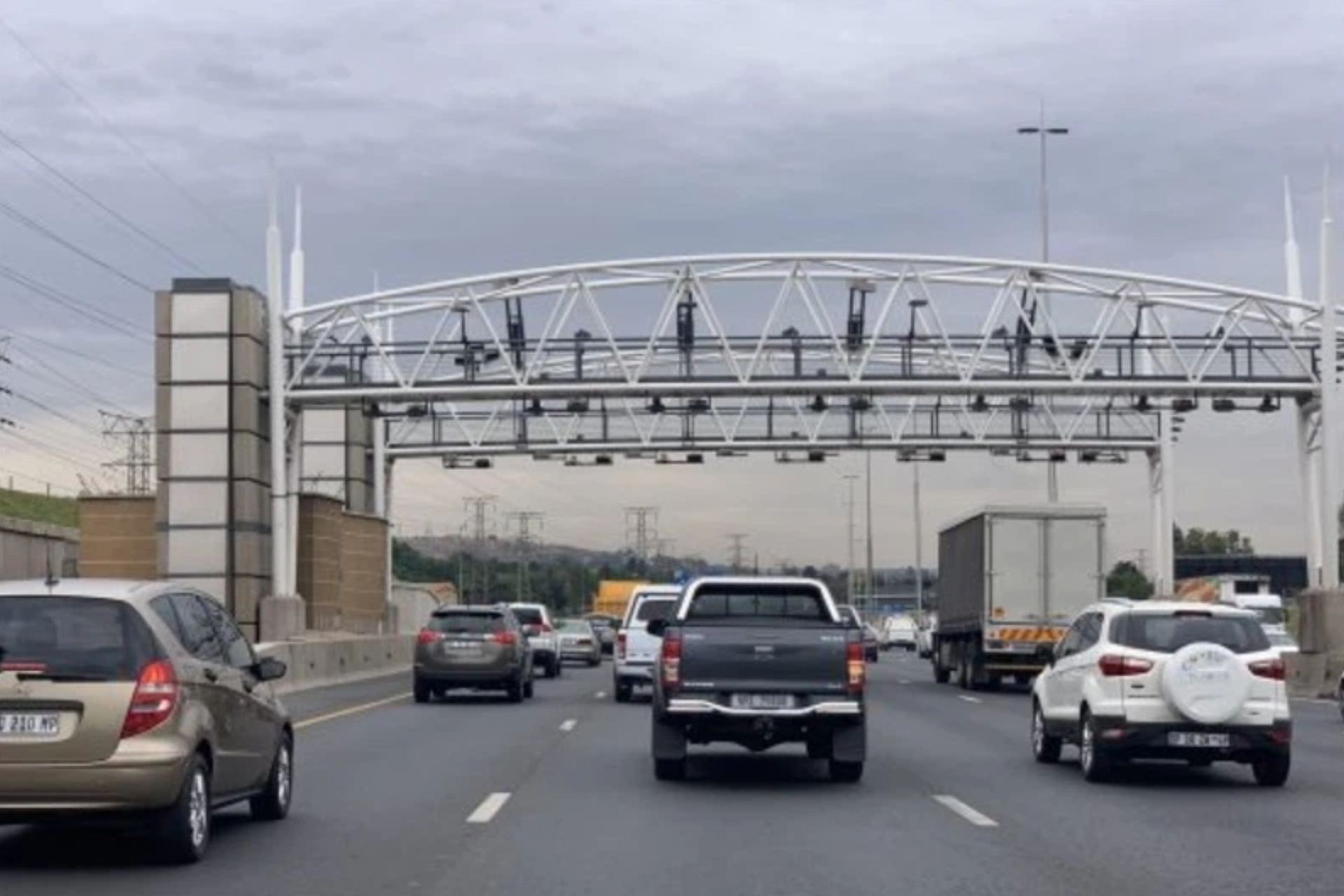
Why some companies are still benefitting from e-tolls
Organisation Undoing Tax abuse (OUTA) CEO, Wayne Duvenage has slammed government’s inability to implement its own decisions regarding the scrapping of e-tolls in Gauteng. 31 December 2022, was pencilled as the day to deactivate the e-tolls billing system. However, due to the need to finalise key components of the MOU between the National Government and the Gauteng […]

Organisation Undoing Tax abuse (OUTA) CEO, Wayne Duvenage has slammed government’s inability to implement its own decisions regarding the scrapping of e-tolls in Gauteng.
31 December 2022, was pencilled as the day to deactivate the e-tolls billing system. However, due to the need to finalise key components of the MOU between the National Government and the Gauteng Provincial Government, it was announced that the matter would be finalised in 2023.
LATEST ON GAUTENG CONTROVERSIAL BILLING SYSTEM
Since its introduction in December 2013, the payment of e-tolls for the Gauteng Freeway Improvement Project (GFIP) has been a contentious issue with many motorists in the province refusing to pay. Their assertion then, as it is now, is that the government must fund the GFIP through other means.
Speaking to EWN, Duvenage said they have written to the Minister of Finance, Enoch Godongwana, they’ve written to Gauteng Premier Panyaza Lesufi and have also engaged with the South African National Roads Agency (SANRAL) Sanral and quite frankly people aren’t paying.
ALSO READ: Lesufi makes bold promises as he announces new Gauteng MECs
“I think it’s less than 10%. Those that are paying don’t mind because the companies are making money out of the scheme – they charge administration fees to their customers, and they don’t apply the limit.
“But 90% or more of the public couldn’t give a damn. They know they’re not going to get prosecuted; they know there are no ramifications or consequences,” he said.

WHO IS BENEFITING FROM E-TOLLS?
Duvenage also told BusinessTech that rental car companies were making a profit from e-tolls.
Duvenage said car rental and fleet management companies are actually making money out of the the e-toll scheme, as their bills from SANRAL per vehicle are capped per month, yet they don’t cap the e-toll charges to their short term users.
“They also charge ‘admin fees’ on top of the e-toll charges. This might explain why they are not rushing to stop paying their (clients’) e-tolls,” he told the publication.
It is understood there is a decision pending on whether motorists who co-opted the system and paid their E-tolls diligently are actually entitled to a refund.
ALSO READ: South African rand: Exchange rate against five major currencies
